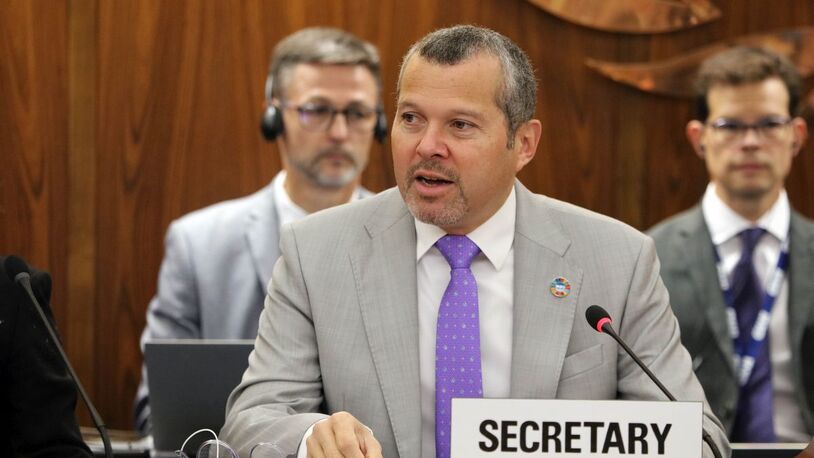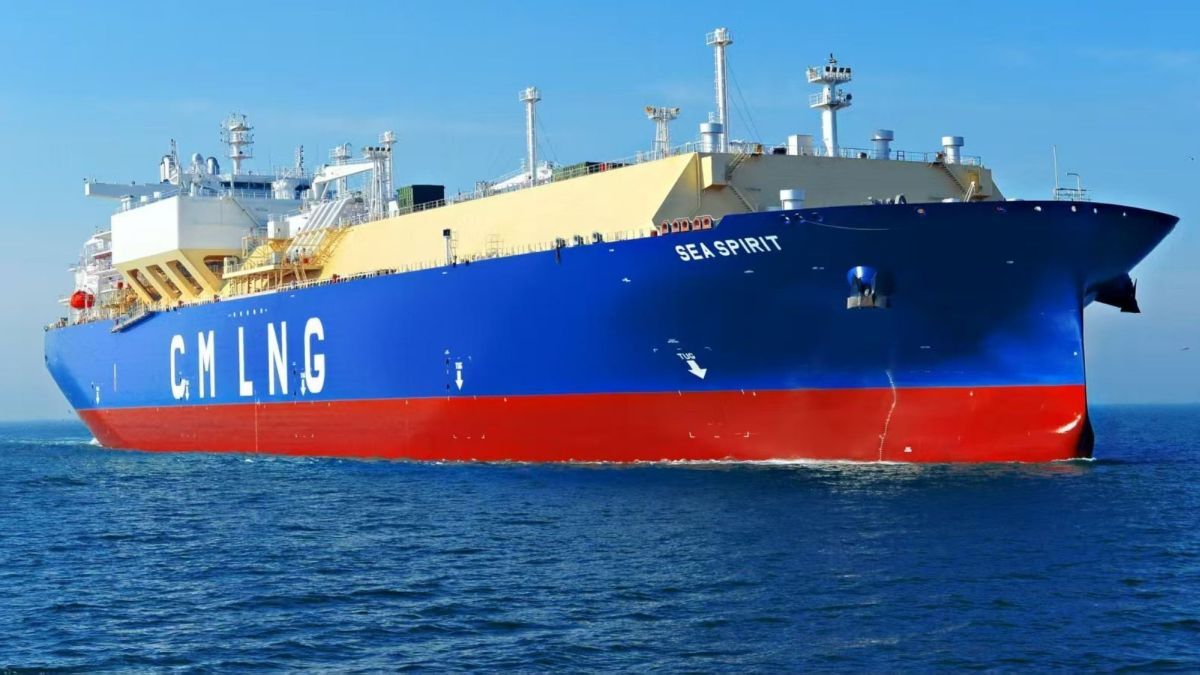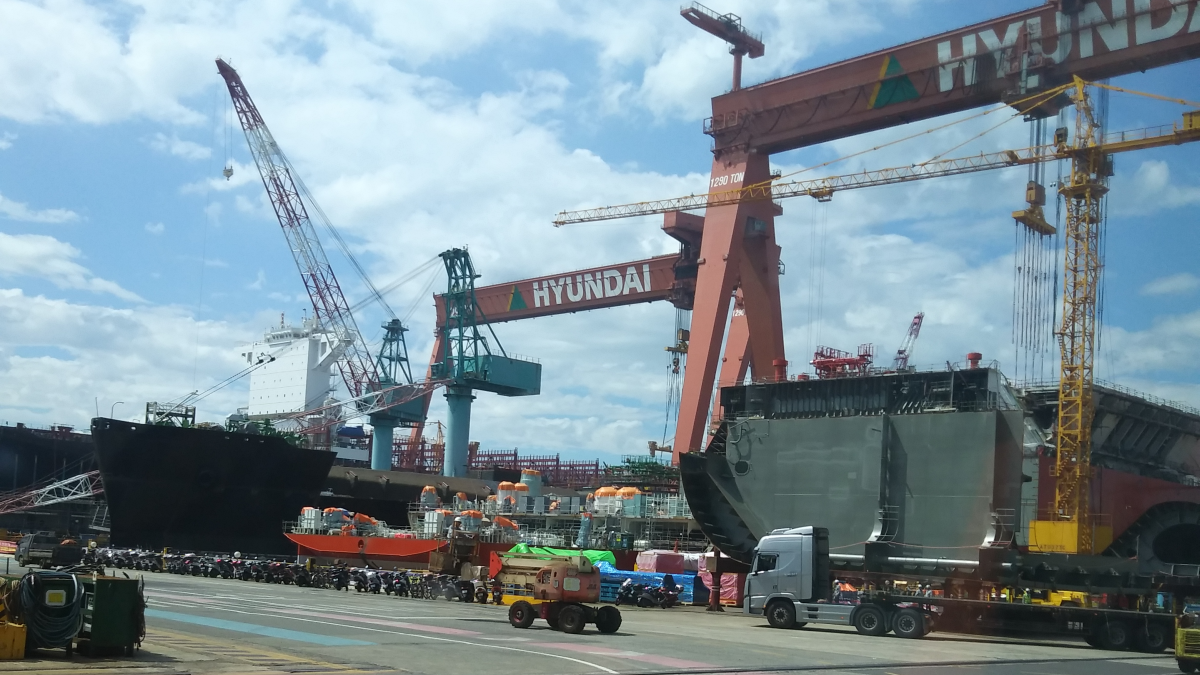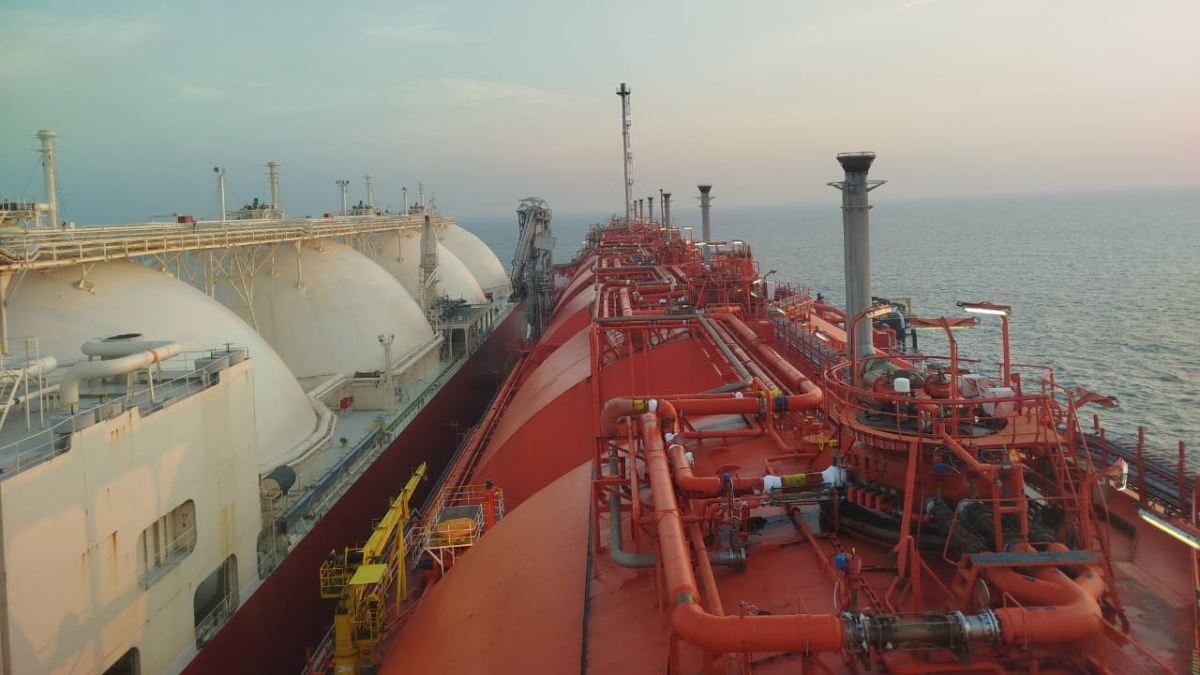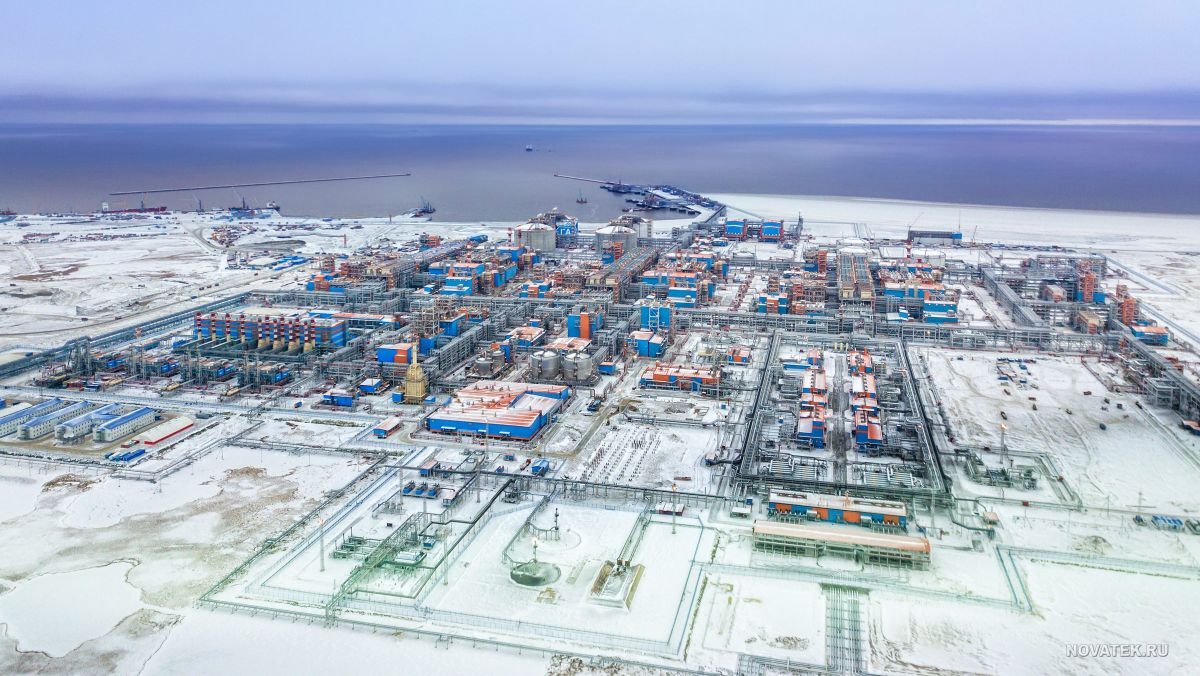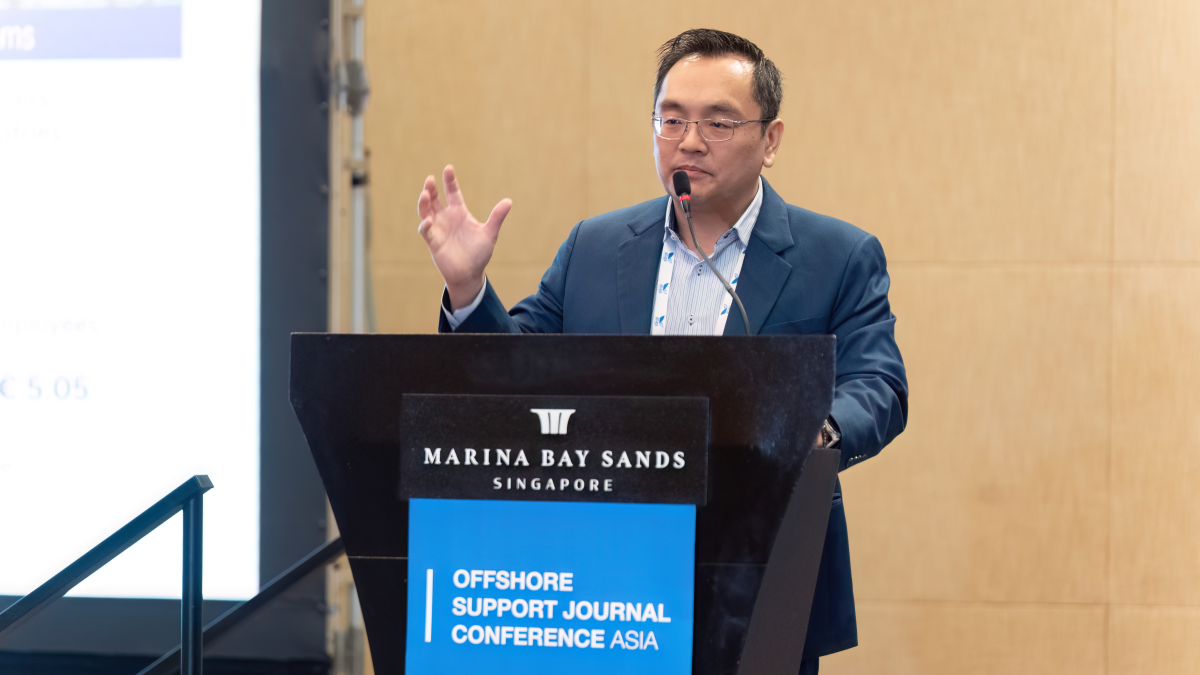Business Sectors
Events
Contents
Register to read more articles.
IMO Secretary General: 'We are on track'
IMO’s Arsenio Dominguez urges action in response to Red Sea attacks as MEPC 82 discusses GHG reductions
The 82nd session of the Marine Environment Protection Committee (MEPC 82) commenced on 30 September 2024, with a substantial agenda focused on advancing global efforts to reduce greenhouse gas (GHG) emissions from shipping.
Among its agenda items, MEPC82 will be tackling greenhouse gas emissions, plastic pollution, and ship recycling, as continued attacks on commercial shipping in the Red Sea region remain a major concern for the industry.
Speaking ahead of the IMO meeting, which runs until 4 October, IMO secretary general Arsenio Dominguez marked the urgent security concerns related to shipping in the Red Sea in addition to the difficult discussions surrounding emissions reduction targets for the shipping industry.
In his opening address, IMO’s secretary general expressed deep concern over the ongoing attacks on shipping in the Red Sea, particularly the recent assault on the oil tanker Sounion.
The vessel, which is currently anchored in Eritrea’s Exclusive Economic Zone (EEZ), was the target of an attack in August, one in a series of incidents threatening the safety of seafarers and the environment that has continued this week, with at least two more attacks on vessels.
Later, on 1 October, the United Kingdom’s Maritime Trade Operations (UKMTO) military intelligence service reported that another commercial vessel had been struck in the Red Sea region. After taking fire four times, all misses sighted in close proximity to the vessel, the ship, reportedly a Panama-flagged tanker, was hit by an uncrewed surface vessel, according to UKMTO. The vessel’s master said the tanker’s ballast tank had been punctured but that the crew were safe and the vessel was continuing on to its next port of call. Later reports said the vessel was taking on water.
"The continued attacks on shipping in the Red Sea remain deeply troubling," Mr Dominguez stated, warning that these actions "pose a threat to human lives and a potential environmental disaster" for the region.
The secretary general reiterated his call for the immediate release of Galaxy Leader and its crew, underscoring the need for secure and safe transit for vessels in the region.
Shifting focus to the environmental agenda, Mr Dominguez highlighted several major topics slated for discussion at MEPC 82, including developing draft amendments to Marpol Annex VI. These amendments are critical in advancing the IMO’s 2023 GHG Strategy, which aims to decarbonise global shipping by mid-century.
"The draft ’IMO net-zero framework’ agreed at your last session has proven to be a valuable tool," Mr Dominguez noted, urging delegates to concentrate on identifying areas for compromise to facilitate the transition.
He emphasised the need to continue bridging differences, adding, "It is important to remember that we all share the same goals here at IMO."
The MEPC 82 agenda also includes a review of the Carbon Intensity Indicator (CII) regulations, which have been instrumental in driving energy efficiency discussions across the maritime sector. Mr Dominguez encouraged MEPC 82 to use the review process to further improve these measures, ensuring they remain effective in enhancing energy efficiency and data transparency.
In addition, MEPC 82 will assess the findings from a comprehensive impact assessment of various policy combinations for mid-term GHG reduction measures.
The secretary general commended the commitment of all parties involved, including vice-chair Hanqiang Tan of Singapore, who moderated the impact assessment process.
Another area of focus at MEPC 82 is the ongoing effort to reduce marine plastic litter from ships.
MEPC 82 will review the IMO Action Plan on Marine Plastic Litter and advance work on reducing the environmental risks associated with transporting plastic pellets by sea. Delegates will also consider draft guidelines for cleaning up plastic pellet spills.
Mr Dominguez reminded delegates of the importance of these discussions, stating, "The issue of how to deal with marine plastic litter remains a priority."
Ship recycling is also on the agenda, with discussions centering on the Hong Kong Convention and the Basel Convention, two key international instruments governing the transboundary movement of ships intended for recycling.
Mr Dominguez urged member states to ratify the Hong Kong Convention, which will enter into force next year, and stressed the need to avoid regional regulations that are not suited for global application.
"We must continue supporting countries providing these services to enhance their compliance in the area of recycling," he said.
In a press briefing following the opening session of MEPC 82, Mr Dominguez addressed the progress made on developing a global GHG pricing mechanism, clarifying it is not a carbon levy, but a broader tool to support shipping’s decarbonisation.
"We have several proposals on the table, and my focus is always on the architecture of that measure," Mr Dominguez explained.
He remained confident a global pricing mechanism would be approved by MEPC 83, scheduled for 2025, despite ongoing debates among member states.
"We need to address the concerns being raised, especially from countries that require more support to meet these goals," he said.
One of the key challenges discussed at the press briefing was the divide between developing and developed nations regarding the economic burden of decarbonisation. While some developing nations are calling for exemptions, Mr Dominguez stressed these requests must be carefully considered to avoid negative impacts on trade and regional populations.
Mr Dominguez also addressed concerns about the timeline for meeting the IMO’s 2030 targets, particularly regarding adopting alternative fuels. Despite challenges in infrastructure development for renewable fuels, he remained optimistic about the industry’s ability to reach these targets.
"We are on track to meet the 2030 target because of the measures we already have in place," Mr Dominguez stated, highlighting the operational improvements and digitalisation efforts that are already increasing energy efficiency.
As MEPC 82 continues, the focus will remain on advancing the IMO’s ambitious environmental goals while addressing the complex geopolitical and economic challenges faced by the global shipping industry.
Noting the strong leadership from MEPC chair Harry Conway of Liberia and vice-chair Hanqiang Tan of Singapore, Secretary General Dominguez expressed confidence MEPC would achieve the objectives set for this session.
Reflecting on the ongoing negotiations and the collaborative spirit among member states, he said, "Multilateralism is beautiful when you can see it happening day in, day out."
Riviera’s Maritime Decarbonization Conference, Americas will be held in Houston, Texas, 4 December 2024. Click here to register your interest in this industry-leading event.
Related to this Story
Events
Maritime Decarbonisation, Europe: Conference, Awards & Exhibition 2025
Offshore Support Journal Conference, Americas 2025
LNG Shipping & Terminals Conference 2025
© 2024 Riviera Maritime Media Ltd.


